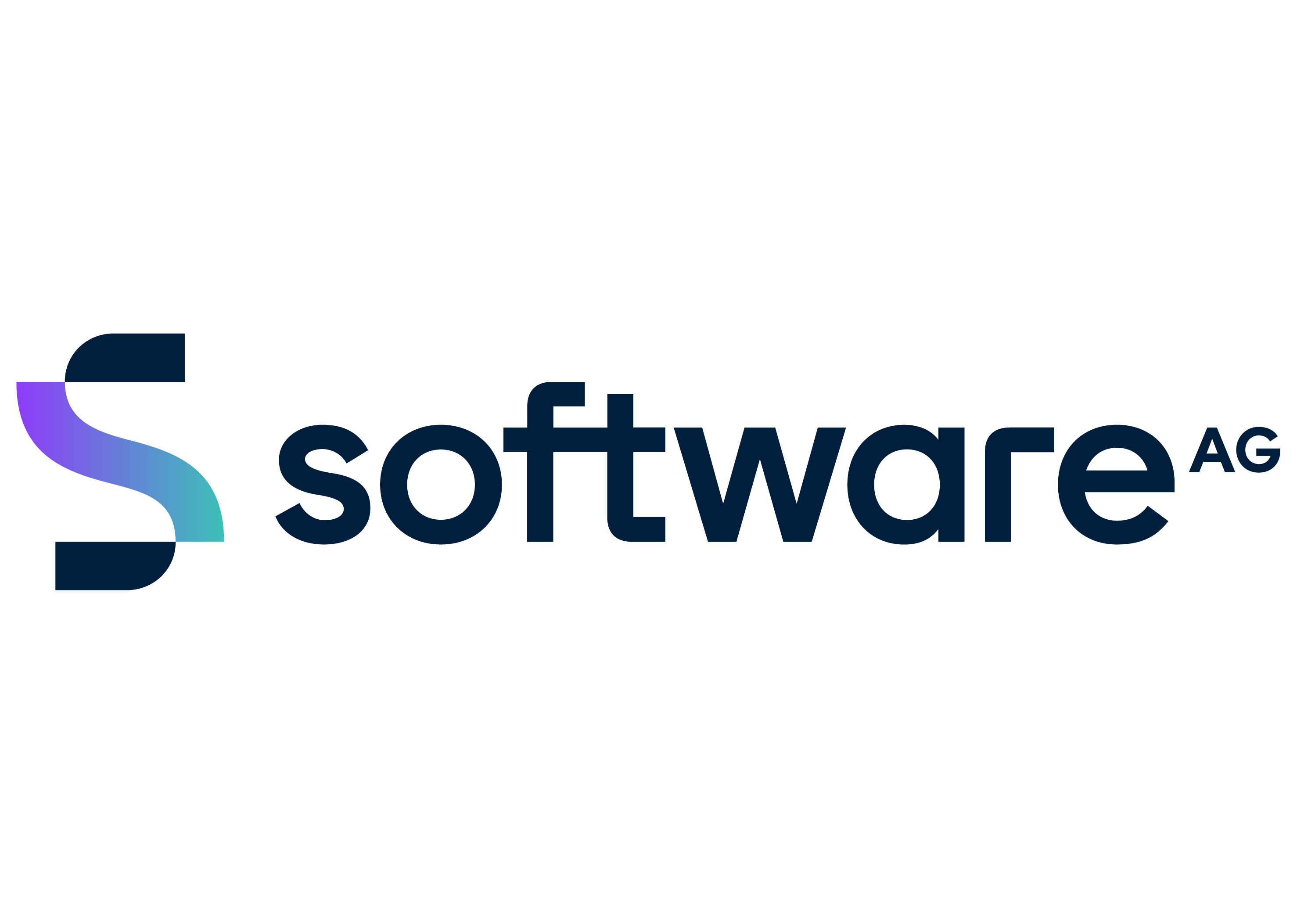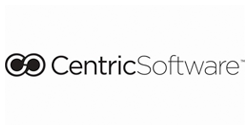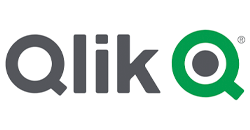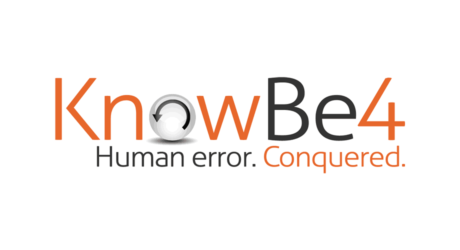DIGITAL PROCESS TRANSFORMATION
Process Management as a management discipline enabling an organization to improve its performance continuously, is the combination of methods used to explore, document, design, analyze and optimize business processes. While applying these methods, different corporate inventories, which will be used such as organization's process data and documents, are identified and are collected from respective divisions to be archived. This step is called identification of process convention. Convention is an important tool both for creating the inventories to work with and standardizing the process models. The end-to-end processes created in line with this convention enable mapping and analyzing the relations of data with each other about corporate processes.
However, it is a complicated task to understand how each process element integrates with each other in a structure created by the combination of end-to-end business processes. Especially if optimization and simplification are aimed to be achieved through process analyses, secondary analyses such as analyses about the impact of changes in these redesigned processes on untransformed processes are added to process analysis agenda along with data interaction, causing complexity faced during status-quo analysis to multiply. This is exactly where creating the digital twins of processes and running the business process analytics on a digital platform come to aid.
Business Process Analytics is the set of methods and tools that can be applied on workflows to support decision making. Focusing on the behaviors in the current processes or trying to forecast the future process behaviors, Business Process Analytics aims to forecast the possible future trends by analyzing the relations contained in the past data. During forecast, the performance criteria are also taken into consideration.
In this age where digitalization is a must, the best way to optimize digital business processes is to include business intelligence and business process analytics into daily lifecycle and put the collected information directly into use by reflecting the outputs immediately to the current workflows.
Business Process Analytics help organizations to do more work with analytic solutions and to achieve a better customer experience and a better utilization of data. Moreover, analyses and analytics of processes clearly indicate the best areas to use Robotic Process Automation (RPA) and Artificial Intelligence (AI).
Thanks to Process Digitalization and Business Process Analytics,
• a common communication language is defined among the different locations and divisions of the organization through digital twins of the processes,
• processes are simplified by identifying the improvement opportunities on visual models created by mapping End-to-End Processes,
• main reasons behind process bottlenecks, process variances and performance losses are identified,
• weaknesses of processes are analyzed,
• data mining competencies are improved to make the processes more efficient,
• best practices of the organization are revealed,
• active knowledge is gained regarding the progress of critical success factors thanks to gained pro-activity,
• forecasts regarding business processes and dependencies get better, which in turn decreases costs and complexities,
• decision making mechanism gets healthier for employees, process owners and management, enabling better and faster decision making,
• a collaborative structure is established and optimized among employees.

 English
English
 Turkish
Turkish











